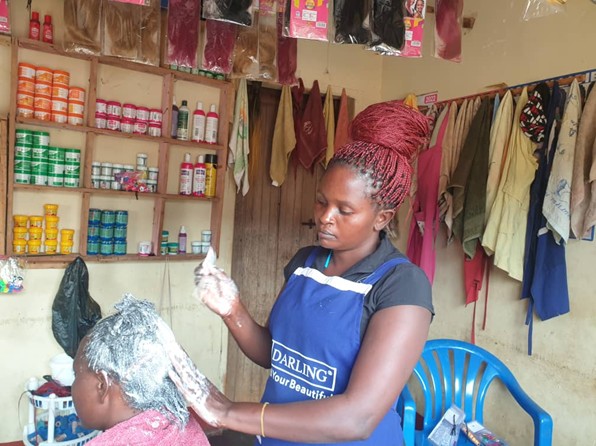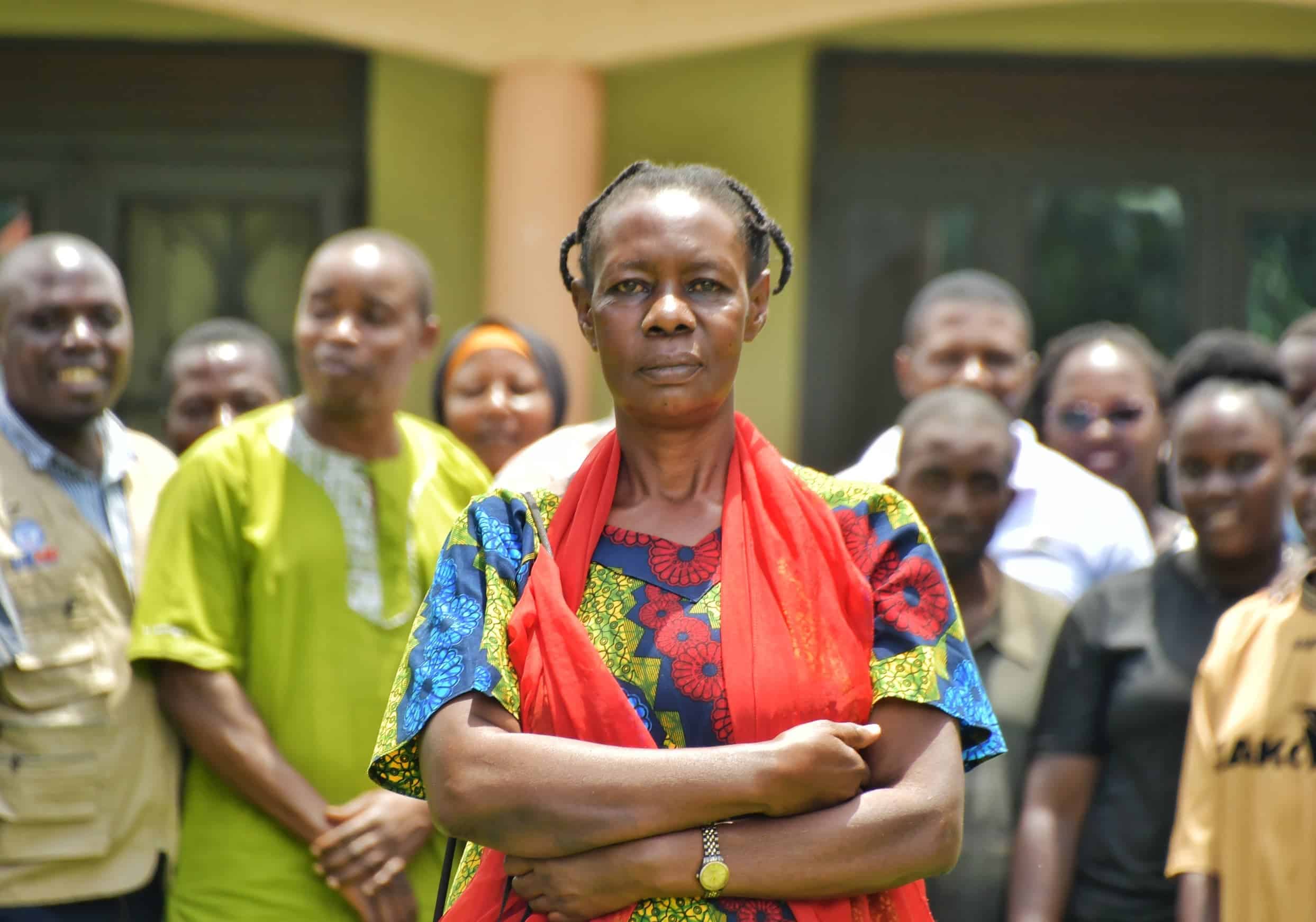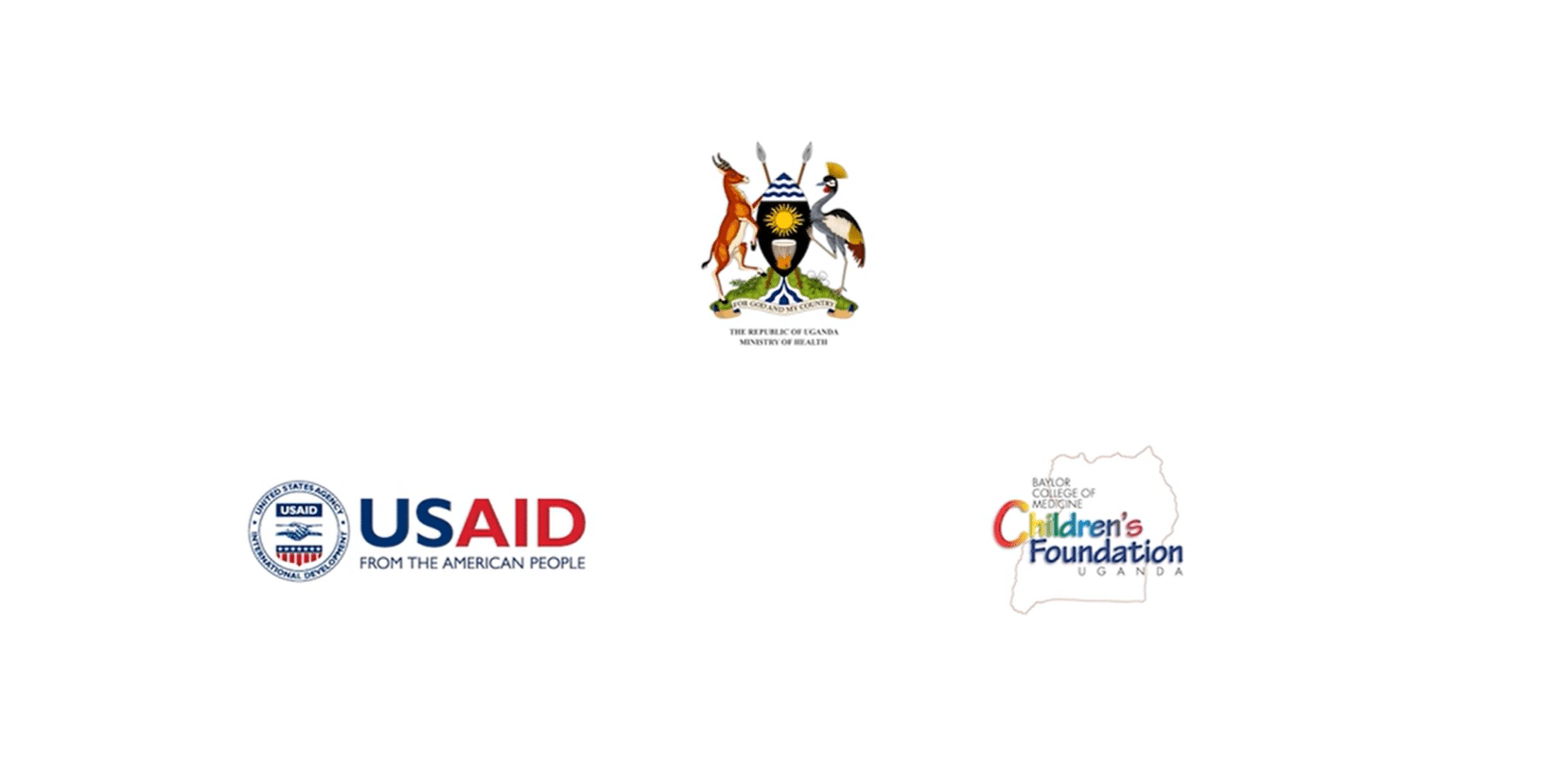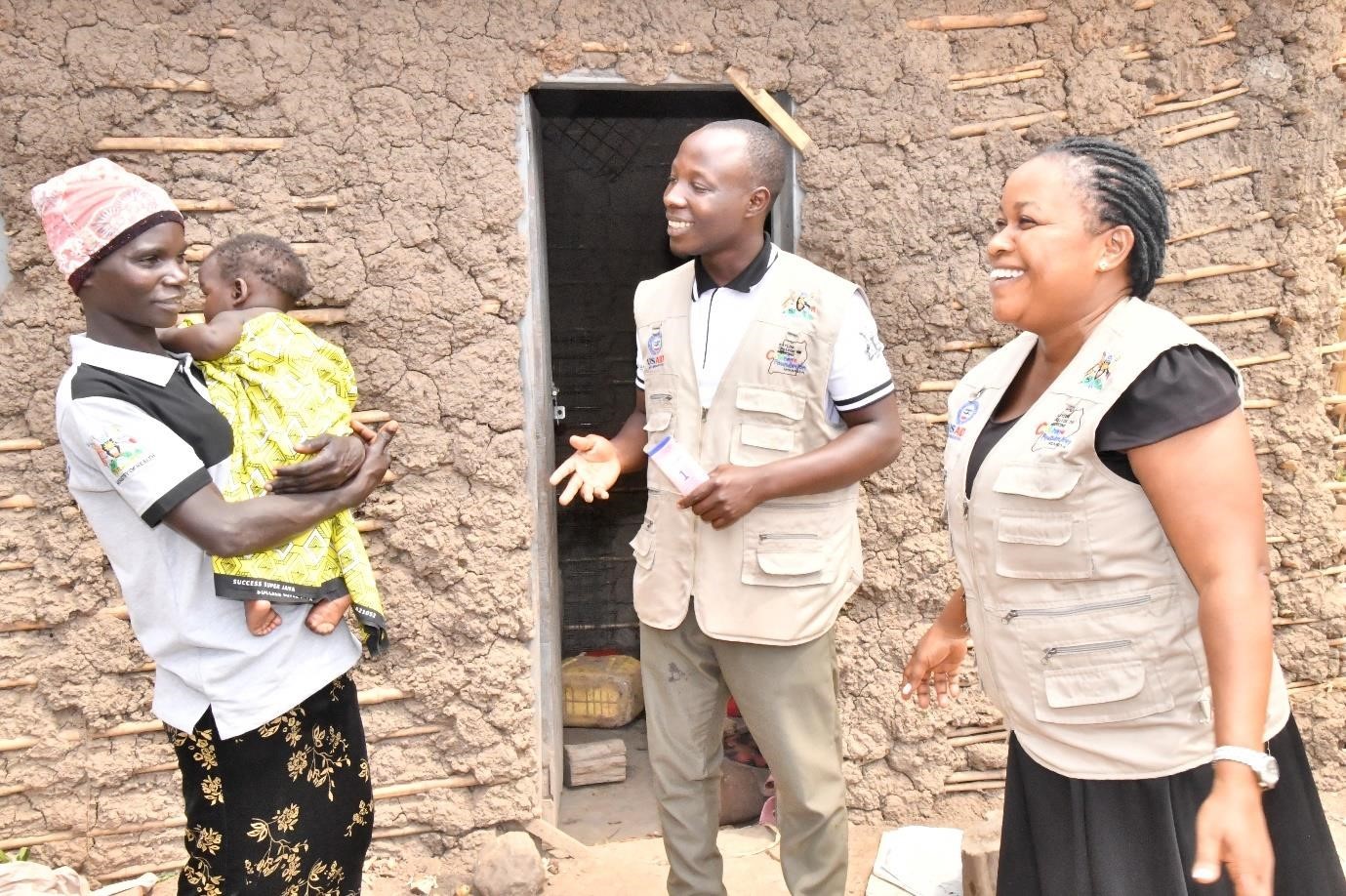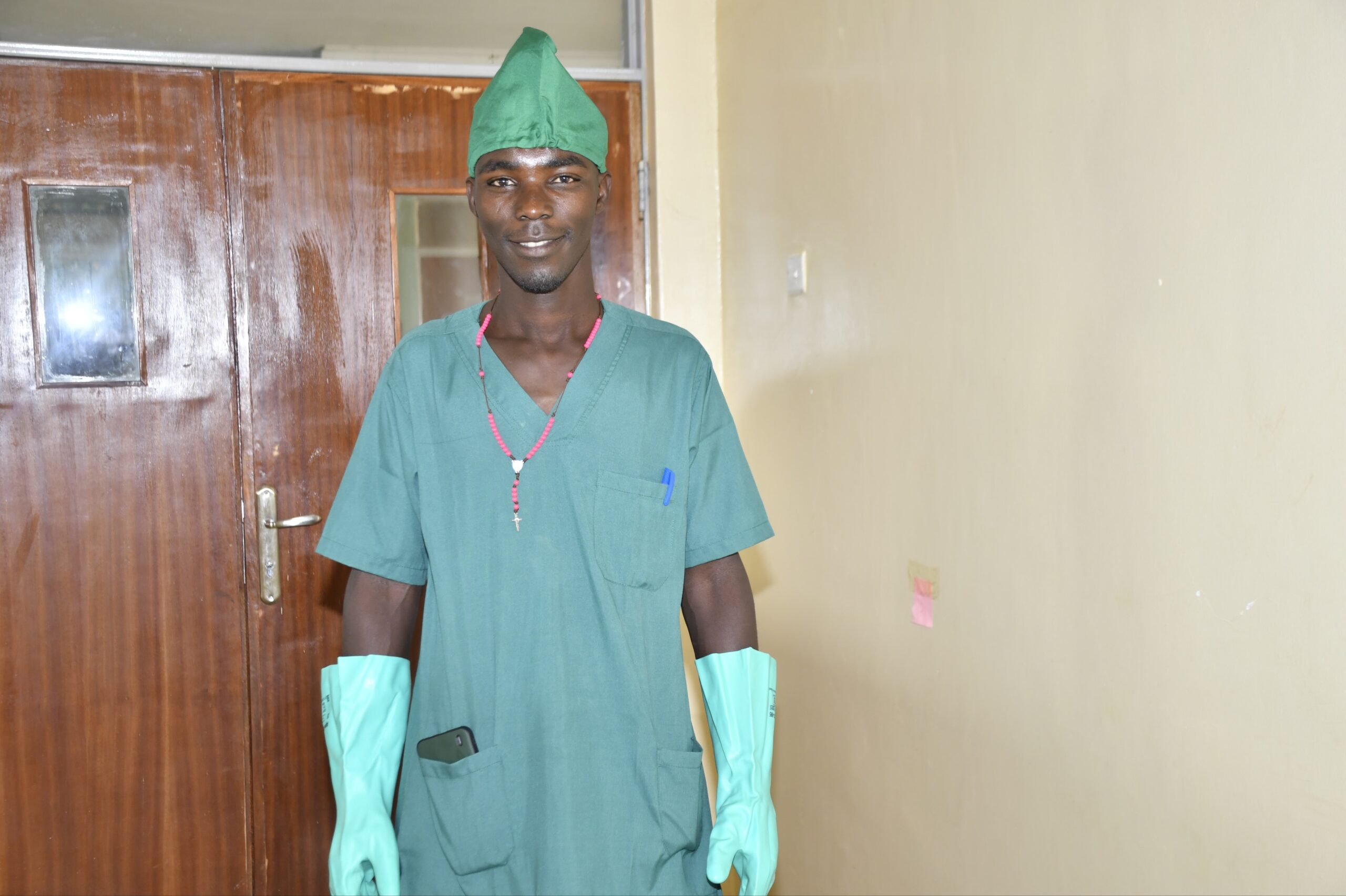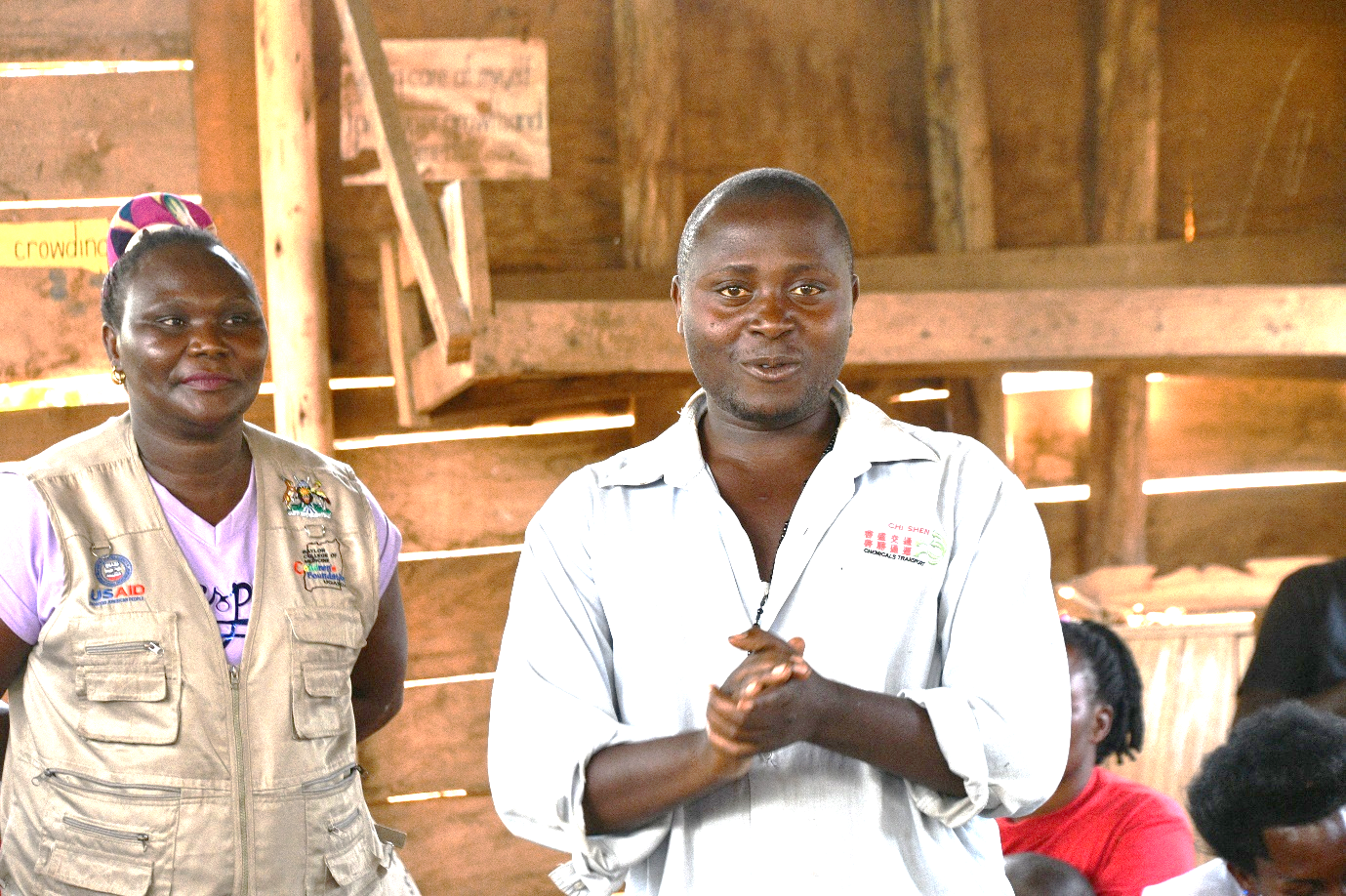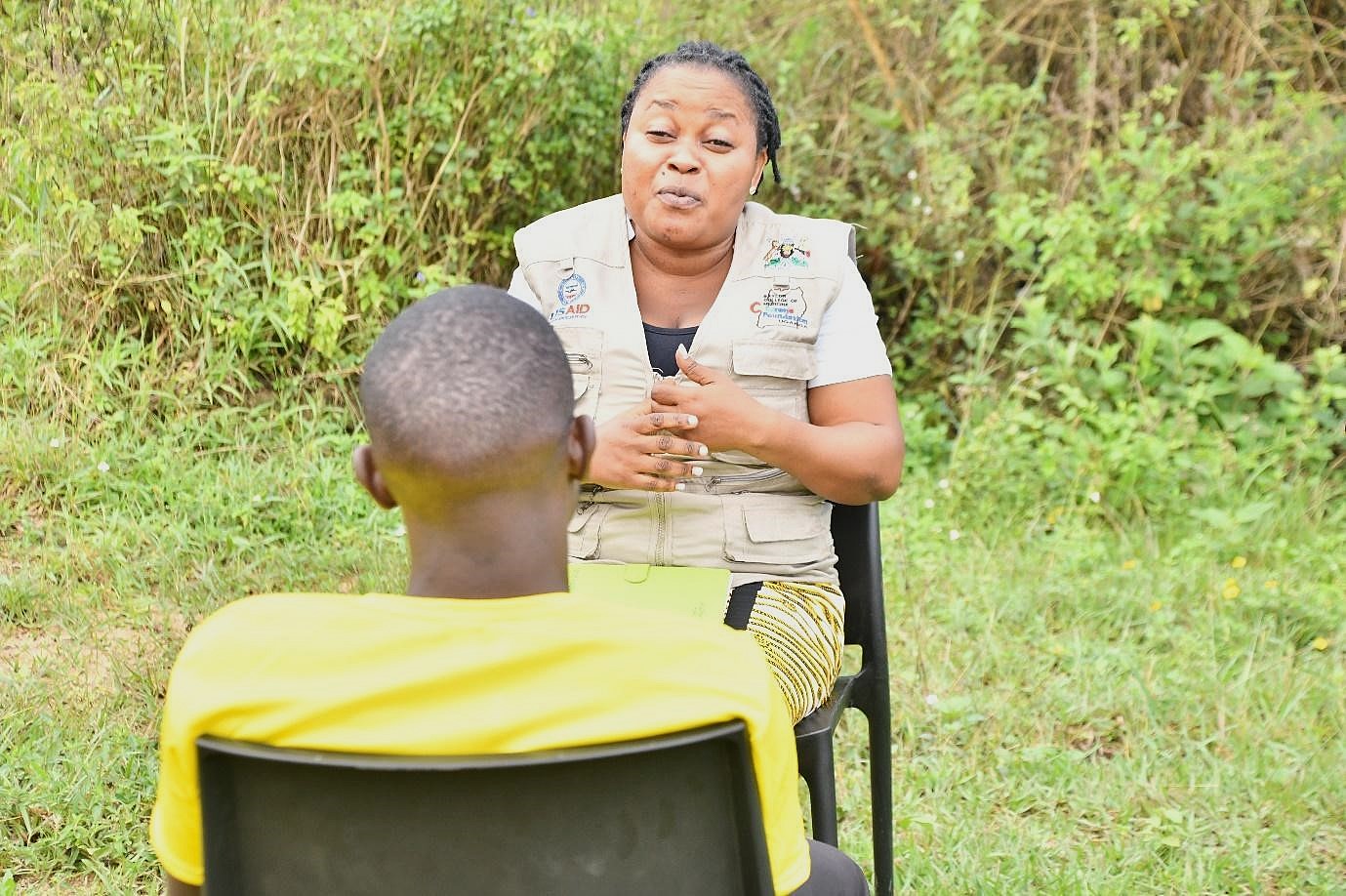Thirty-six-year-old Scovia Namigadde’s journey from dismay to hope began when she developed a headache and fever, three days after attending her aunt’s funeral in Mubende district. This was followed by an announcement on September 20, 2022 by the Ministry of Health that there was a fatal outbreak of the Sudan Ebola virus (SUDV) in Mubende. Out of fear that she might have contracted the disease, Scovia called the alert toll-free number posted around the neighborhood. Scovia was immediately picked up by an ambulance and transported to the Mubende Regional Referral Hospital Ebola Treatment Unit (ETU), where she was diagnosed with the virus. Fortunately, she survived unlike 55 other patients who died in Uganda.
Is she really Ebola-free?
It was after she was discharged from hospital that a team from the National Ebola Survivors’ Program visited Scovia at home to check on her well-being. “When they came I was depressed. I felt that even though I had survived the Ebola virus, I would die because of stigmatization from my community and salon clients.” She was amazed how the team was able to address any lingering trauma and stigma by conducting individual counseling sessions and family support sessions. To reassure the neighborhood that Scovia was free of Ebola, the team also conducted community dialogues in her neighborhood. “Walking with me in the community and standing beside me during the dialogue sessions strengthened the message to the community that I wasn’t contagious,” says Scovia.
Helping a mother get out
Owing to the tremendous support she had received from the program, Scovia responded to the call to assist a three-month-old baby in quarantine. While in the ETU, she remembered how this mother was experiencing separation anxiety, depression and hopelessness. Motivated to help as she had been helped, Scovia was surprised to receive reimbursement for bathing, changing dirty diapers, and feeding the infant with Ready-to-Use Infant Formula (RUIF). “I used the money to purchase supplies for my salon, which had suffered due to the epidemic,” says Scovia. Scovia was glad that the mother of the child, eventually felt relieved knowing her child was in capable care and had recovered as a result.
Scovia is grateful to the National Ebola Survivors’ Program for providing her and 86 other survivors with quality care at no expense to support their recovery. She is proud that she also participated in providing this quality care to a three-month-old baby. The program was established by the Ministry of Health in collaboration with Baylor-Uganda and with financial support from the United States Agency for International Development (USAID). The program has supported seven babies separated from their mothers during the Ebola outbreak to receive RUIF, nutrition education and counseling, and growth monitoring. Thanks to the program, all these children have achieved their milestones.
